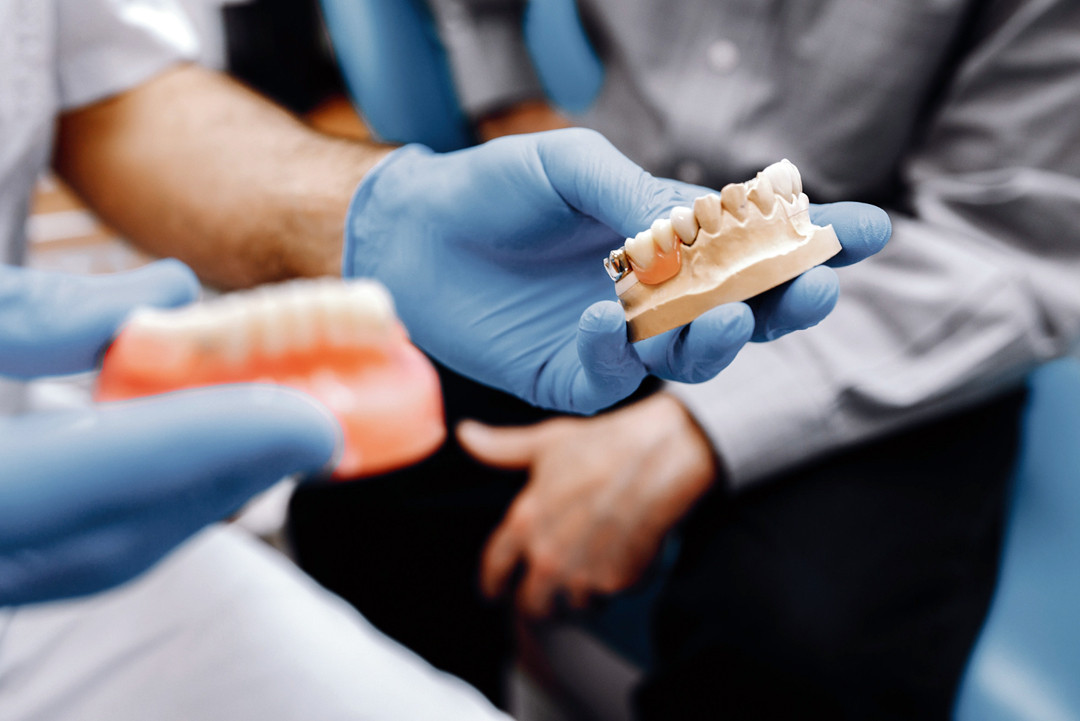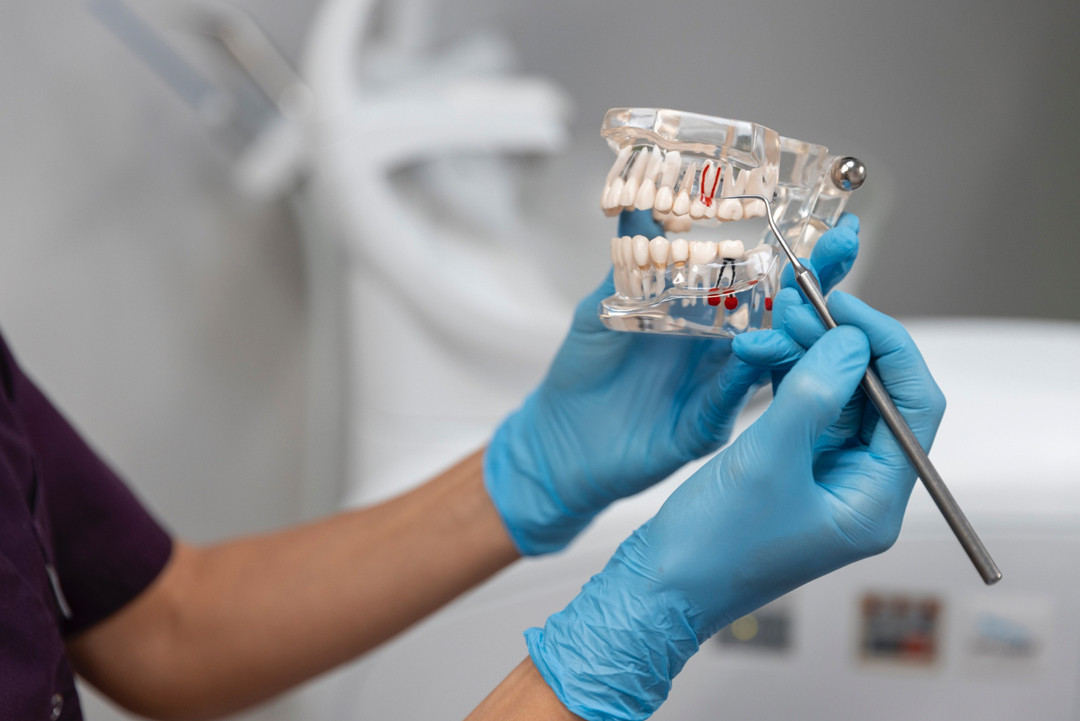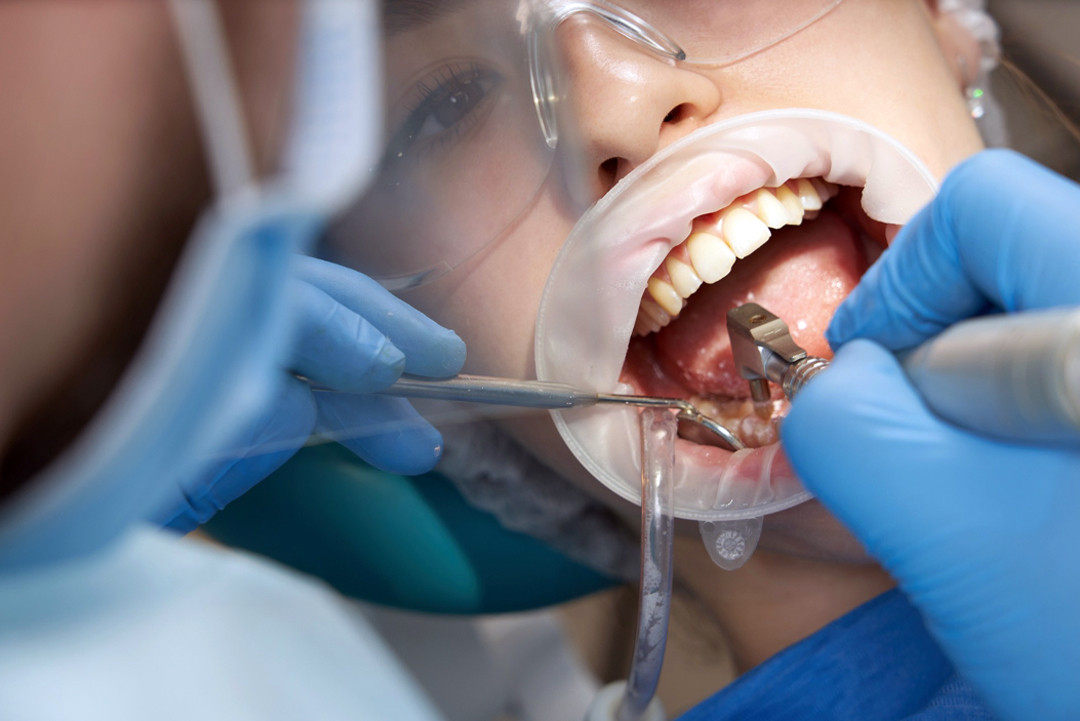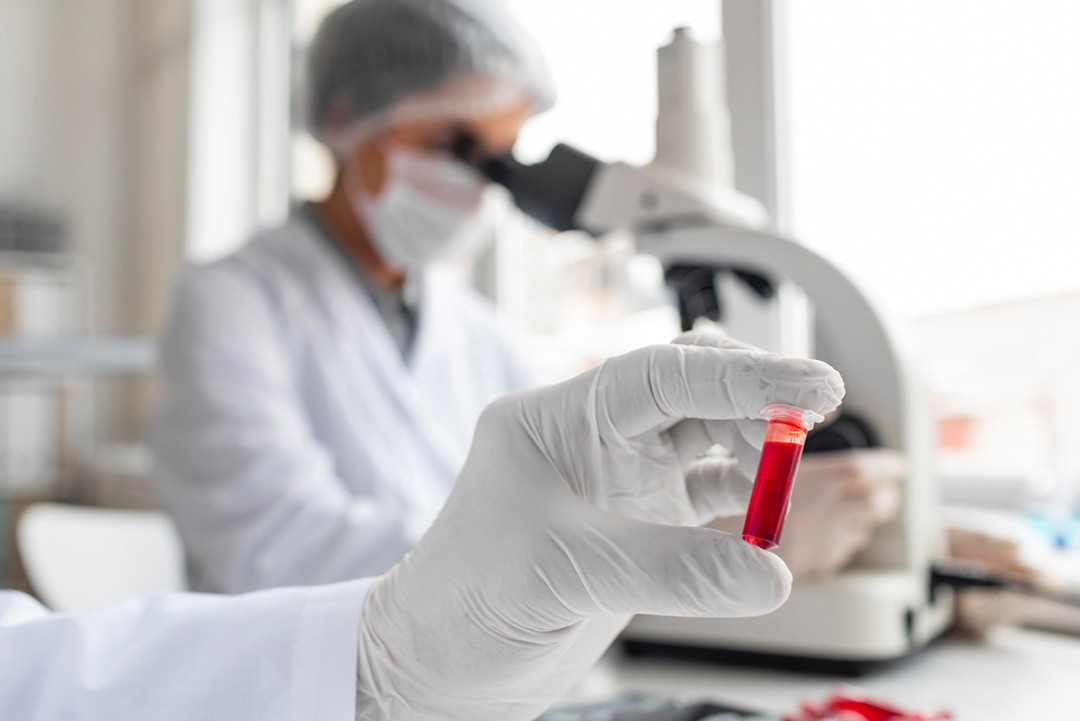What is Prosthodontics?
Prosthodontics is a specialized branch of dentistry focusing on restoring and replacing damaged or missing teeth to improve function, aesthetics, and oral health. Prosthodontists provide solutions such as:
- Dental crowns and bridges
- Full and partial dentures
- Dental implants
- Maxillofacial prosthetics for trauma, cancer, or congenital defects
Who Can Benefit from Prosthodontic Treatment?
Prosthodontics is ideal for individuals with:
- Missing teeth due to trauma, decay, or disease
- Broken, chipped, or discolored teeth
- Aesthetic concerns affecting confidence
- Functional issues, such as difficulty chewing or speaking
Common Prosthodontic Treatments
- Crowns and Bridges:
- Crowns restore damaged teeth, protecting and enhancing their appearance.
- Bridges replace one or more missing teeth using crowns as anchors on adjacent teeth.
- Dentures:
- Partial dentures replace a few missing teeth, while full dentures restore an entire arch.
- Dental Implants:
- Permanent solution for missing teeth, integrating artificial roots into the jawbone to support crowns, bridges, or dentures.
- Inlays and Onlays:
- Custom restorations for damaged teeth that do not require full crowns.
- Maxillofacial Prosthetics:
- Reconstructive solutions for head and neck defects caused by trauma, cancer, or congenital conditions.
Advantages of Prosthodontics
- Restores chewing and speaking abilities
- Improves facial aesthetics and self-confidence
- Maintains oral health by preventing adjacent teeth from shifting
- Enhances overall quality of life
Risks Associated with Prosthodontics
- Infection: Proper hygiene and follow-up care are crucial.
- Nerve Damage: Rare but possible during procedures like implant placement.
- Adjustment Period: Initial discomfort or speech difficulties may occur with new prostheses.
Prosthodontist vs. General Dentist
- General Dentists: Provide routine care and basic treatments like fillings and simple crowns.
- Prosthodontists: Specialists with three years of additional training, focusing on complex restorative and replacement procedures.
Recovery Time
- Crowns: Immediate return to daily activities.
- Implants and Dentures: May require weeks for healing and adjustment.
- Full rehabilitation for complex treatments can take months.
When to See a Prosthodontist?
- If you experience missing or damaged teeth
- Persistent discomfort or difficulty with chewing or speaking
- Aesthetic concerns affecting confidence
If you notice signs of infection like swelling, fever, or severe pain after treatment, consult your healthcare provider immediately.
Prosthodontics not only restores oral functionality but also enhances aesthetics and confidence, providing a lasting solution for dental health challenges.


















